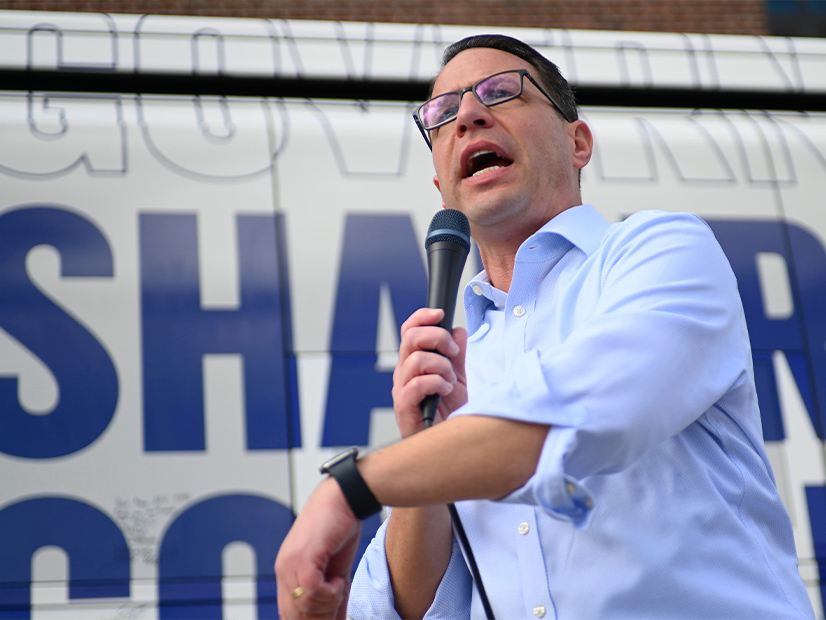Municipalities across Pennsylvania have been charting their own course on climate and energy policy under divided federal and state governments, and while Democrats made major gains in the most recent cycle, Harrisburg could remain an uphill battle for the party’s priorities.
In Philadelphia, much of that effort has been channeled through a city agency created in 2010 to support affordability and sustainability amid concerns about electricity deregulation.
“We had to start it knowing we didn’t have a big source of federal funding or state funding,” said Emily Schapira, CEO of the Philadelphia Energy Authority (PEA). “We had to develop projects that could be financeable and could be budget neutral for the city and the school district.”
The authority has since launched about a dozen programs and in 2016 set a 10-year goal of $1 billion invested in clean energy citywide and the creation of 10,000 jobs. Schapira said the authority has so far invested $291 million through public-private partnerships and created 2,500 jobs.
Much of that work has taken the form of energy efficiency upgrades in city buildings, schools and low-income housing restoration programs. In some cases, such as the transition to 140,000 LED bulbs for street lighting, the long-term energy savings are being used to pay for the upfront capital costs of the initiatives. Workforce development programs and one of the nation’s first solar vocational high school curriculums have allowed the city to doubly benefit by keeping the labor for these projects local.
The authority additionally created a green bank last year to attract further private investments in energy efficiency, renewable energy and resilience projects, including its Solarize Philly initiative, which provides free assessments and discounted installations. Across its efforts, the PEA has assisted in the installation of 1,200 rooftop solar installations in the city.
Schapira said the authority designed many of its programs to be easily shared with other municipalities, including the software management systems it created to track funding sources. One of the biggest challenges it has found is that federal, state and local funds are often provided in isolation and with conflicting data sharing restrictions or requirements, an issue the software attempts to alleviate.
“We’ve really designed everything to really be scalable and replicable,” she said. “That’s a model that can be easily shared.”
In Pittsburgh, the Sustainability & Resilience wing of the Department of City Planning has been making progress on its Climate Action Plan goals for 2030. The city’s goals also call for reducing emissions from transportation by 50% and the Pittsburgh International Airport went live with a solar- and natural gas-powered microgrid last year.
Governor-elect Shapiro Promotes “All-of-the-above” Energy Policy
Many of the initiatives being undertaken in Philadelphia mirror the goals Democratic Governor-elect Josh Shapiro laid out in his “all-of-the-above” approach to energy policy. In a June overview of his economic priorities, Shapiro pushed for legislation to generate 30% of the state’s energy with renewables by 2030 and to set a goal to reach net zero by 2050.
His approach promised to marry investments in developing clean energy generation, while maintaining “responsible fracking” — which could include expanding no-drilling zones and strengthening health guidelines. Shapiro’s campaign did not return requests for comment following Tuesday’s election.
After the state joined the Regional Greenhouse Gas Initiative last April, Shapiro questioned the effectiveness of the multistate agreement and said he would have to further consider the impact to the economy and workers before pledging to continue the state’s participation. Even with his support, the implantation of RGGI has been held up by Republican objections in the state courts.


